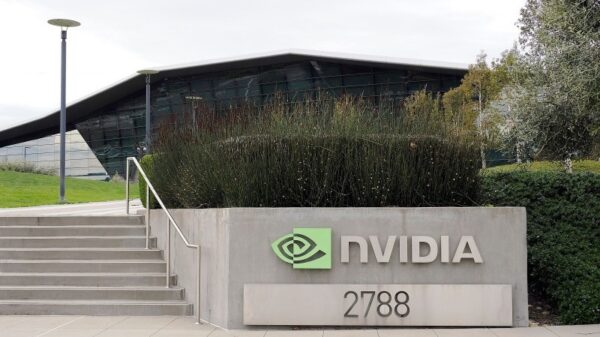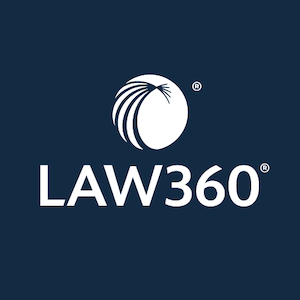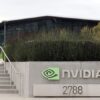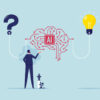As Artificial Intelligence (AI) continues to reshape various industries, workflows, and economies, a transformation in the labor market is becoming increasingly evident. Young workers are actively adapting by acquiring AI-related skills, positioning themselves for roles that are yet to be defined. This significant shift, while challenging for some, opens doors to innovation, entrepreneurship, and policy-driven growth.
Despite ongoing concerns about job displacement, historical data suggests that technological advancements create more jobs than they eliminate. The pressing question is not whether AI will replace jobs, but how it will alter employment opportunities and introduce new professions. AI primarily automates tasks rather than entire jobs, necessitating human oversight to manage inherent limitations such as hallucinations, overconfidence, and contextual misunderstandings. It operates through probabilistic calculations and lacks the capacity for self-awareness or discernment of absolute truth. Therefore, human ingenuity remains essential in setting objectives, assessing risks, and incorporating ethical considerations into AI outputs.
Redefining Employment Landscapes
The concept of a fixed number of jobs has been widely debunked; as challenges arise, so do opportunities for employment. AI shifts human labor toward areas where it is most needed, rather than eliminating it entirely. This indicates an expected emergence of new occupations tailored to technological advancements and evolving consumer behaviors. Businesses will require professionals who can connect AI technology with practical applications, ensuring AI-driven solutions align with human needs and societal values.
Historically, advancements in technology have led to the creation of unexpected professions. For instance, the rise of the internet and social media gave birth to influencers and gig economy workers. Similarly, AI is likely to catalyze transformative changes, giving rise to roles that support new forms of leisure, communication, and consumption. As virtual and augmented reality technologies evolve, AI-driven entertainment and interaction may create industries currently unimagined. This could include careers in AI-guided wellness coaching and immersive digital tourism, opening doors for creative professionals, engineers, and entrepreneurs alike.
The escalating demand for AI expertise is also driving growth in high-tech sectors like computer science, machine learning research, bioengineering, and cybersecurity. Just as the digital revolution spawned millions of jobs in software development and user experience design, AI is set to proliferate employment opportunities in these dynamic fields. Furthermore, AI innovation extends beyond traditional technology sectors into industries like agriculture, logistics, and energy management, optimizing efficiency and sustainability. These sectors require new skill sets that blend domain knowledge with AI proficiency.
The Role of AI in Critical Sectors
Beyond technology, AI is poised to address workforce shortages in essential sectors such as healthcare and education. By automating administrative tasks and enhancing diagnostic accuracy, AI allows healthcare professionals to devote more time to patient care. Applications like AI-assisted medical imaging and predictive analytics for disease prevention demonstrate how AI can enhance healthcare outcomes. In education, AI tools for grading and lesson planning enable teachers to concentrate on personalized instruction, ultimately benefiting students through tailored learning experiences.
Despite its potential for transformation, AI cannot function independently; it relies on human expertise for building, training, fine-tuning, and maintaining these systems. This demand for AI specialists is growing, with new roles emerging in AI ethics, prompt engineering, integration, and safety oversight. As AI streamlines operations, workers can transition toward higher-value tasks, paralleling historical shifts seen in industries like banking and tourism where automation allowed for more skilled labor to flourish.
Rather than leading to mass unemployment, AI presents an opportunity to tackle significant global challenges, including climate change and healthcare crises. AI-powered predictive modeling aids scientists in analyzing climate data and optimizing renewable energy use, making sustainable practices more attainable. While the disruption caused by AI is undeniable, fears of widespread job loss due to automation echo historical concerns. The mechanization of the 19th century, for instance, displaced certain trades but simultaneously fueled mass employment in manufacturing sectors.
Should AI prove to be as transformative as past innovations, it will likely usher in a wave of new opportunities rather than mass layoffs. The future of work hinges on human creativity, entrepreneurship, and adaptability. Although predicting the exact jobs that AI will create is challenging, history illustrates that labor markets are often more resilient than anticipated. The key challenge ahead is not resisting change but preparing for it. Collaboration among governments, businesses, and educational institutions is essential to equip workers with the necessary skills for an AI-driven landscape. By promoting continuous learning and innovation, societies can harness the full potential of this technological revolution for the greater good.
See also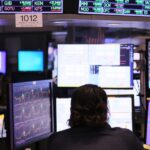 CEOs Must Adapt Amid AI Stock Selloff: Key Strategies for Future Resilience
CEOs Must Adapt Amid AI Stock Selloff: Key Strategies for Future Resilience Aecom Technology Targets 15% EPS Growth; UBS Analyst Recommends Buy at $148 Price Target
Aecom Technology Targets 15% EPS Growth; UBS Analyst Recommends Buy at $148 Price Target EU Streamlines AI and Privacy Rules, Easing Data Use for Tech Firms Amid Lobbying Pressure
EU Streamlines AI and Privacy Rules, Easing Data Use for Tech Firms Amid Lobbying Pressure FAU Reveals Liquid Cooling Tech Boosting AI Data Center Efficiency by 17%
FAU Reveals Liquid Cooling Tech Boosting AI Data Center Efficiency by 17% Roadrunner Launches AI Software to Cut Missed Pickups Below 0.5% for LTL Shipping
Roadrunner Launches AI Software to Cut Missed Pickups Below 0.5% for LTL Shipping
